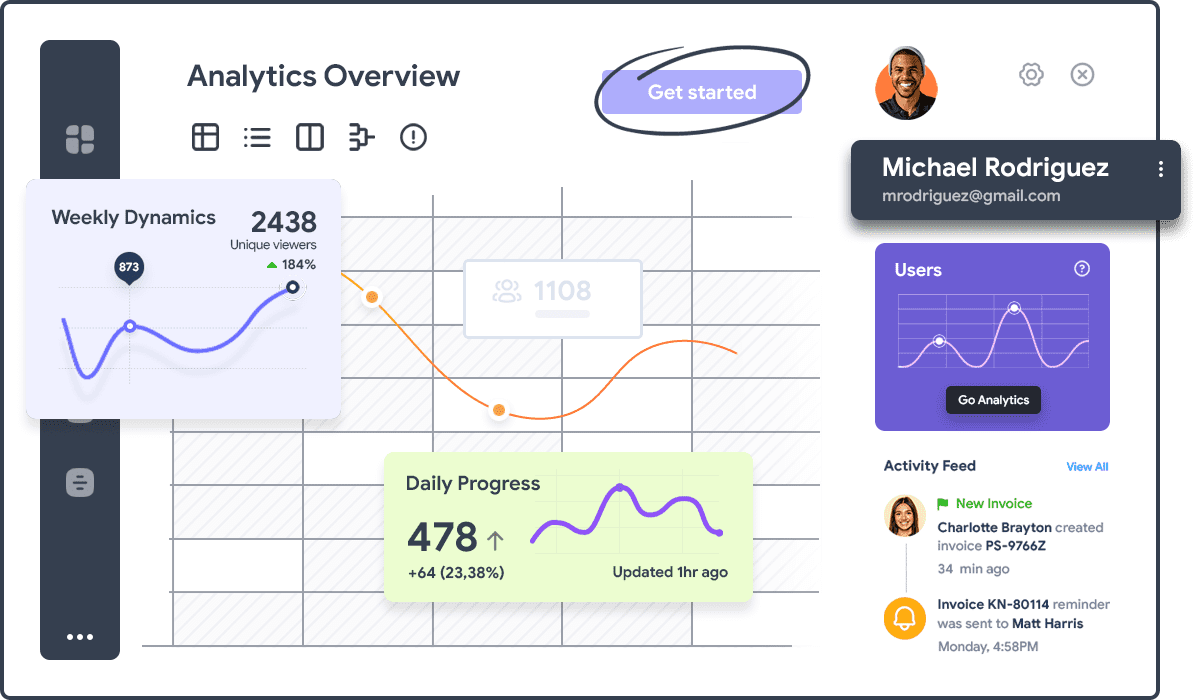Real Estate and Construction Applications
Mirasung Real Estate and Construction Applications (RECA) are specialized software tools designed to support the unique needs of the real estate and construction industries. These applications help businesses and professionals in these sectors streamline operations, manage projects efficiently, improve collaboration, and enhance decision-making. Here’s a detailed breakdown of the key features typically found in Real Estate and Construction Management Applications:

Property Listings Management
Organize and display available properties for sale or rent, including key details such as price, location, features, and images.
Property Search Filters
Advanced search filters allow potential clients or buyers to search for properties by specific criteria such as location, price, square footage, and amenities.
Tenant Management
Track tenant information, lease agreements, payment schedules, and history. Provide online portals for tenants to submit maintenance requests or pay rent.
Lease Management
Automate the process of lease renewals, rent increases, and lease expiry alerts to reduce administrative overhead.
Maintenance & Service Requests
Tenants and property managers can log maintenance issues, assign tasks, and track progress.
Inspection Management
Schedule and document regular property inspections, maintenance, and repairs.
Lead Management
Track, manage, and nurture leads through the entire sales cycle, from initial inquiry to closing.
Contact Management
Maintain detailed records of clients, prospects, tenants, and other stakeholders, including communication history, preferences, and important dates.
Automated Communications
Send automated follow-ups, reminders, and newsletters to prospects or tenants.
Client Portals
Provide clients with a personalized dashboard to track the status of properties they’re interested in or to access relevant information (such as contract details or payment history).
Segmentation & Targeting
Segment clients based on criteria like location, budget, or property interests, allowing for targeted marketing campaigns.
Document Storage & E-signatures
Store critical documents such as contracts, agreements, and leases. Enable electronic signatures for faster contract execution.
Deal Tracking
Track the status of property deals, including negotiation stages, offers, and closing.
Payment Processing
Integrate with payment gateways to handle transactions securely, including deposits, rent payments, and purchase amounts.
Commission Management
Calculate and track agent commissions based on sales, leases, and other performance metrics.
Escrow Management
Manage escrow accounts for property transactions and provide transparency to both buyers and sellers.
Market Analysis
Analyze trends in the real estate market, including property values, pricing trends, and demand in specific areas.
Comparative Market Analysis (CMA)
Generate reports that compare a property with similar properties in the area to determine competitive pricing.
Investment Performance Analysis
For real estate investors, tools that track ROI (Return on Investment), cash flow, cap rate, and other metrics on investment properties.
Sales & Revenue Reporting
Generate real-time sales reports, track deals, and analyze performance to make informed decisions.
Customizable Dashboards
Create dashboards with key performance indicators (KPIs) like occupancy rates, maintenance costs, and revenue.
Gantt Charts & Timelines
Visualize project timelines with Gantt charts, showing task dependencies, deadlines, and milestones.
Task Management & Scheduling
Break projects down into tasks and assign deadlines, priorities, and responsible parties.
Critical Path Method (CPM)
Calculate the longest sequence of dependent tasks and identify any tasks that directly impact project deadlines.
Resource Allocation
Manage labor, materials, and equipment scheduling to optimize usage and avoid conflicts.
Project Phases & Milestones
Define key phases of the project (e.g., foundation, framing, finishing) and track progress against milestones.
Cost Estimation
Create accurate cost estimates for labor, materials, and equipment to ensure projects stay within budget.
Expense Tracking
Monitor ongoing project expenses, including subcontractor payments, materials purchases, and overhead costs.
Invoice Generation
Generate invoices for clients, track payments, and manage accounts receivable.
Change Order Management
Document, track, and approve changes to the scope of work that affect costs.
Cash Flow Forecasting
Predict cash flow needs to ensure sufficient funds are available for ongoing projects.
Document Storage & Sharing
Store and share essential project documents such as blueprints, contracts, and permits. Ensure proper version control to avoid confusion.
RFI (Request for Information) Management
Submit and track RFIs between the construction team, clients, or architects, ensuring issues are resolved quickly.
Bidding & Tender Management
Manage the process of inviting and receiving bids from subcontractors and suppliers, and track responses.
Project Communication
Use in-app messaging or chat to facilitate communication between contractors, subcontractors, and clients.
Task Assignment & Progress Updates
Assign tasks to team members and track completion using comments, photos, or videos to keep everyone aligned.
Daily Reports & Logs
Field workers and project managers can submit daily logs, including work progress, issues encountered, and hours worked.
Job Site Photos & Videos
Capture images and videos from job sites to document progress, share with stakeholders, or identify problems.
Safety Management
Track safety inspections, hazards, incidents, and safety compliance, ensuring a safe working environment.
Time Tracking
Track labor hours and productivity for each task or phase of the project, ensuring that labor costs are accurately calculated
Inspection & Punch List Management
Conduct inspections and generate punch lists (lists of items to be completed or corrected before final delivery).
Inspection Checklists
Create digital checklists for construction site inspections, ensuring quality standards are met.
Quality Assurance Tracking
Track quality issues and corrective actions throughout the construction process.
Compliance Management
Ensure that the project adheres to local, state, and national regulations, including building codes, safety regulations, and environmental standards.
Permit Management
Manage the application, tracking, and expiration of permits required for the project.
Subcontractor Scheduling
Manage subcontractor availability, task assignments, and deadlines to keep the project on track.
Contractor Performance Tracking
Evaluate subcontractor performance through metrics such as on-time delivery, quality, and budget compliance.
Procurement & Materials Management
Track procurement of materials, manage supplier relationships, and ensure timely delivery of supplies.
Payment & Billing Management
Manage subcontractor payments, including milestone-based payments, invoicing, and lien waivers.
Improved Collaboration
Centralized platforms enable better communication among teams, clients, and stakeholders, reducing miscommunication and delays.
Real-Time Data
Real-time access to information such as project progress, financials, and changes ensures more informed decision-making.
Efficiency & Time Savings
Automating tasks such as scheduling, document management, and communication reduces administrative overhead and increases productivity.
Enhanced Accountability
Clear assignment of tasks, deadlines, and project milestones ensures that everyone is accountable for their work and that progress is tracked.
Cost Control
Budgeting tools, cost tracking, and expense management help ensure that projects stay within financial limits and prevent unexpected costs.
Compliance & Safety
ools for tracking permits, inspections, and safety compliance reduce the risk of non-compliance with regulations, helping avoid costly fines or legal issues.
Mirasung Tredbo integrating these features, Real Estate and Construction Applications help organizations improve operations, streamline workflows, reduce risks, and increase profitability across their projects.
Automate your workflow with our integrations
Streamline your tasks and boost productivity by automating workflows with our powerful
